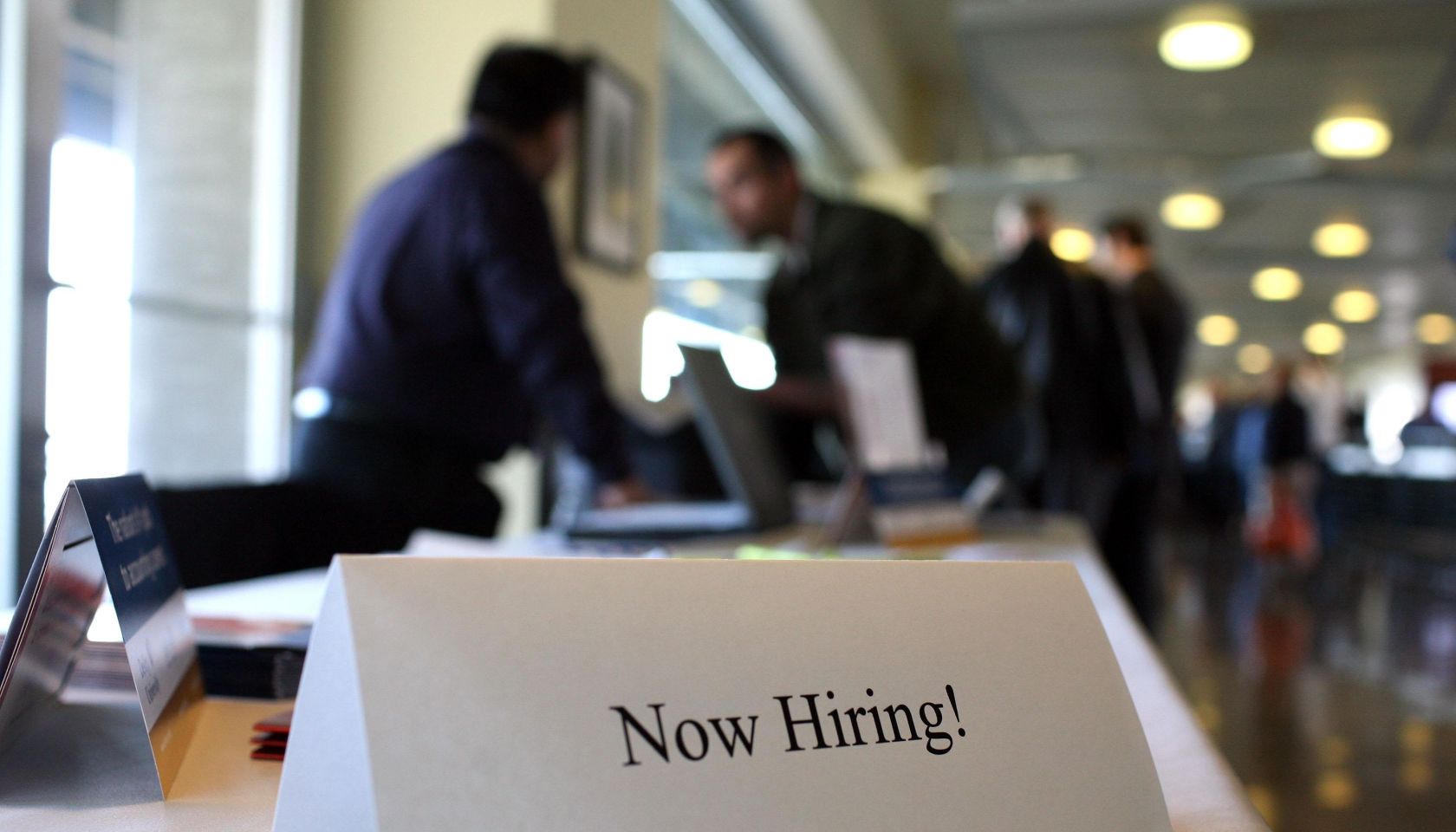Financial Crisis
As President Barack Obama prepares to leave office, NewsOne takes a look at some of his most impressive wins.
The national unemployment rate for Blacks fell below 10 percent in the second quarter of 2015 for the first since 2007, reports the Wall Street Journal. Even with the improvement, the rate is more than twice the 4.6 percent rate for Whites and nearly double the national average of 5.3 percent, writes the Journal citing […]
WASHINGTON (AP) — A government watchdog says U.S. taxpayers are still owed $132.9 billion that companies haven’t repaid from the financial bailout, and some of that will never be recovered. SEE ALSO: Geithner: Obama Won’t Ask Me To Stay For A 2nd Term Why Obama’s Economy Is Built To Last The bailout launched at the […]
PARIS (AP) — European leaders rushed Monday to stop a rampaging debt crisis that threatened to shatter their 12-year-old experiment in a common euro currency and devastate the world economy as a result. See also: Euro Debt Crisis May Cause Global Economy To ‘Face The Worst’ One proposal gaining prominence would have countries cede some […]
In my years as a Financial Planner, I have fielded many questions. One of the most frequent questions I have been asked is, “What is the best area to invest in this market?” Many state that the equity market is poised for a strong rally in the long run. Others state that the bond market […]
Everybody is worried about the U.S. debt ceiling. But it’s even more important to worry about your own. Ryan Mack shows you how to obtain and use credit cards to establish a credit history: Read all of Ryan Mack’s financial tips in Your Money In The Black. More from Ryan Mack: Building Your Credit Score […]
Every successful financial plan needs to have clean credit and a high FICO score. If we are to see more home and business ownership having good credit is the first step towards accomplishing this goal. Too many times I have personally seen many opportunities missed because we have not taken the time to “clean” our […]
It seems there is a disconnect from what is being covered by financial news and what the public is really concerned about. You can’t turn on the financial news networks without hearing questions such as the following: “Will the US raise its debt ceiling?” “Will the tax cuts for the rich be extended?” “Will the […]
Unemployment reaches record levels, the housing market is slow, and real wages haven’t increased in far too long. Many are finding themselves discouraged and losing and faith for a better financial tomorrow. However, an increased level of faith will allow all of our financial dreams and goals to come to fruition despite this recession. There […]
In this NewsOne clip from today’s 2011 National Action Network convention coverage, former presidential advisor David Axelrod thrills the audience with a little-told story about an exchange he had with President Barack Obama during the darkest days of the multiple crises faced by the administration. RELATED: Top Five Things To Watch For At Sharpton’s NAN […]
RACINE, Wisconsin (AP) — President Barack Obama on Wednesday lashed out at Republicans as out of touch with the daily problems of Americans, hoping to sharpen the contrast with the opposition party as midterm elections loom and economic anxiety still runs high.
WASHINGTON (AP) — If Chuck Lacasse had gotten his pink slip four days earlier, Uncle Sam would have covered most of his family’s health insurance while he looked for a new job.










